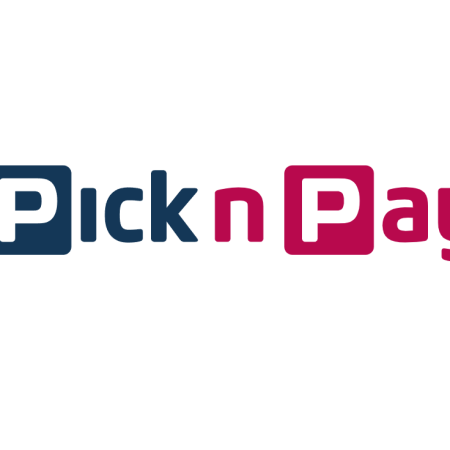Introduction
Venturing into the world of franchising can be an exhilarating opportunity, but securing the right financing for your franchise purchase is crucial to your success. With diverse options available, navigating the financial landscape may seem daunting. Here’s your guide to understanding the various financing avenues and what to consider when funding your franchise venture.
1. Understanding the Total Investment
Before diving into financing options, it’s essential to grasp the full scope of your investment. The total cost of buying a franchise goes beyond the initial franchise fee. Consider equipment, stock, and working capital. Conduct a detailed financial analysis to ensure you understand the funds required to launch and sustain your franchise.
2. Personal Savings: The First Step
Many franchisees begin their financing journey with personal savings. This option is often the simplest and most accessible form of funding. Using your savings can help you avoid debt and interest payments, providing you with a solid foundation. However, maintain a financial buffer for personal expenses, as launching a franchise can incur unexpected costs.
3. Bank Loans and Financing Institutions
Traditional bank loans are a standard route for financing a franchise purchase. South African banks offer various lending products tailored to small business owners. When approaching a bank, be prepared to present a robust business plan that outlines your franchise model, market research, and projected cash flow.
The rule of thumb is that banks and franchisors require franchisees to contribute 50% of the total establishment cost in cash. This means the bank loan will cover 50% of the investment. Remember that banks typically require a personal guarantee or security for the loan’s value, which means your assets could be at risk if the business struggles.
4. Franchisor Financing Options
Many franchisors offer financing assistance or have partnerships with financial institutions. This can include loans with favourable terms or assistance in securing financing. Check with your franchisor to understand what support is available. Franchisors often have a vested interest in your success, making them a valuable resource during your financing journey.
5. Government Support Programs
The South African government provides various support programmes to promote entrepreneurship and small businesses. Government initiatives include the Small Enterprise Finance Agency (SEFA) and the National Empowerment Fund (NEF). These institutions provide financial assistance to small businesses, so it’s worth exploring the eligibility criteria and application processes.
6. Angel Investors and Venture Capitalists
Consider seeking angel investors or venture capitalists if you want a more hands-on approach. These individuals or firms invest in startups and franchises in exchange for equity. They often bring not only funding but also valuable industry experience and networks. Prepare a compelling pitch highlighting your franchise’s potential and outlining how their investment will contribute to growth.
7. Peer-to-Peer Lending Platforms
The rise of technology has given birth to peer-to-peer (P2P) lending platforms, allowing individuals to lend money directly to borrowers. In South Africa, platforms like RainFin and Thundafund enable entrepreneurs to access funds without going through traditional banks. These platforms often have flexible terms and can be a viable option for franchise financing.
8. Crowdfunding as a Modern Solution
Crowdfunding has emerged as an innovative way to raise capital for your franchise. These platforms allow you to showcase your business idea and attract small contributions from many people. While this method requires significant marketing effort and a compelling pitch, it can also build a community of supporters invested in your success.
9. Budgeting for the Long Term
Regardless of the financing route you choose, effective budgeting is vital. Create a comprehensive financial plan that includes startup costs and ongoing operational expenses. Factor in potential fluctuations in revenue and ensure you have a buffer to cover your expenses during slower months. This will give you peace of mind and allow you to focus on growing your franchise.
10. Consulting with Financial Advisors
Navigating the financing landscape can be complex, so don’t hesitate to seek advice from financial advisors, consultants or accountants experienced in franchising. They can help you understand the implications of different financing options, guide you in developing a solid business plan, and assist in securing funding tailored to your needs.
Conclusion
Financing your franchise purchase is a critical step toward achieving your entrepreneurial dreams. By understanding your options and preparing adequately, you can secure the necessary funds to launch a successful franchise. Remember, each financing route has its pros and cons, so choose the one that aligns best with your goals and financial situation. With the proper financial foundation, you’ll be well on your way to building a thriving franchise in the dynamic South African market.










